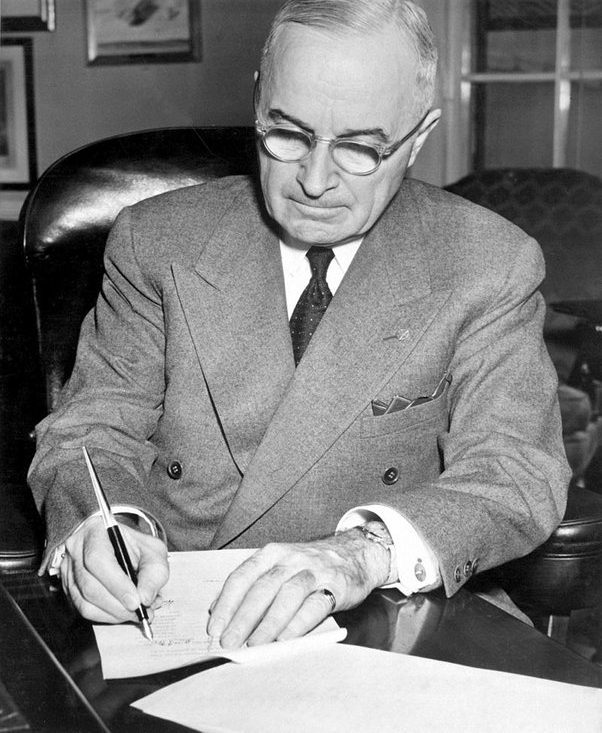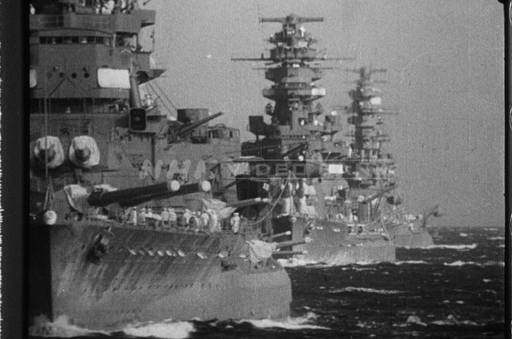

Why was Harry Truman so unpopular at the end of his presidency?
Why was Harry Truman so unpopular at the end of his presidency? Harry Truman faced significant unpopularity at the end of his presidency in 1953 due to a combination of domestic and foreign challenges, many of which led to disillusionment with his leadership.
Korean War:
The Korean War (1950–1953) was a significant factor in Truman’s unpopularity. When North Korea invaded South Korea, Truman committed American troops to defend South Korea under a United Nations mandate. The war quickly became a prolonged and bloody stalemate, leading to mounting American casualties without clear progress. Additionally, Truman’s decision to fire General Douglas MacArthur in 1951 over policy disagreements—despite the general’s popularity—further fueled public dissatisfaction.
Post-War Economic Struggles:
Although the U.S. economy had grown rapidly in the post-World War II boom, there were also high inflation rates, labor strikes, and other economic challenges. Truman’s attempt to take over the steel mills during a strike in 1952, which the Supreme Court ruled unconstitutional, was perceived as government overreach, alienating both labor groups and big business.
Anti-Communist Sentiment:
During the early Cold War, fear of communism within the United States escalated, and the government began investigating suspected communist sympathizers. Truman’s opponents, particularly Senator Joseph McCarthy, accused his administration of being “soft” on communism, casting doubt on his ability to protect national security.
Scandals and Corruption Allegations:
There were several scandals within Truman’s administration involving corruption and influence-peddling among government officials. While Truman himself wasn’t implicated, the scandals cast a negative light on his administration.
Political Backlash:
Truman’s domestic policies, such as his proposed “Fair Deal” program, which sought to expand social security, provide national health insurance, and address civil rights, faced fierce opposition in a conservative-leaning Congress. This conflict made him seem ineffective to the public.
Despite this, Truman’s reputation improved after leaving office, as historians reassessed his decisive actions in key areas like desegregating the armed forces and establishing NATO.




